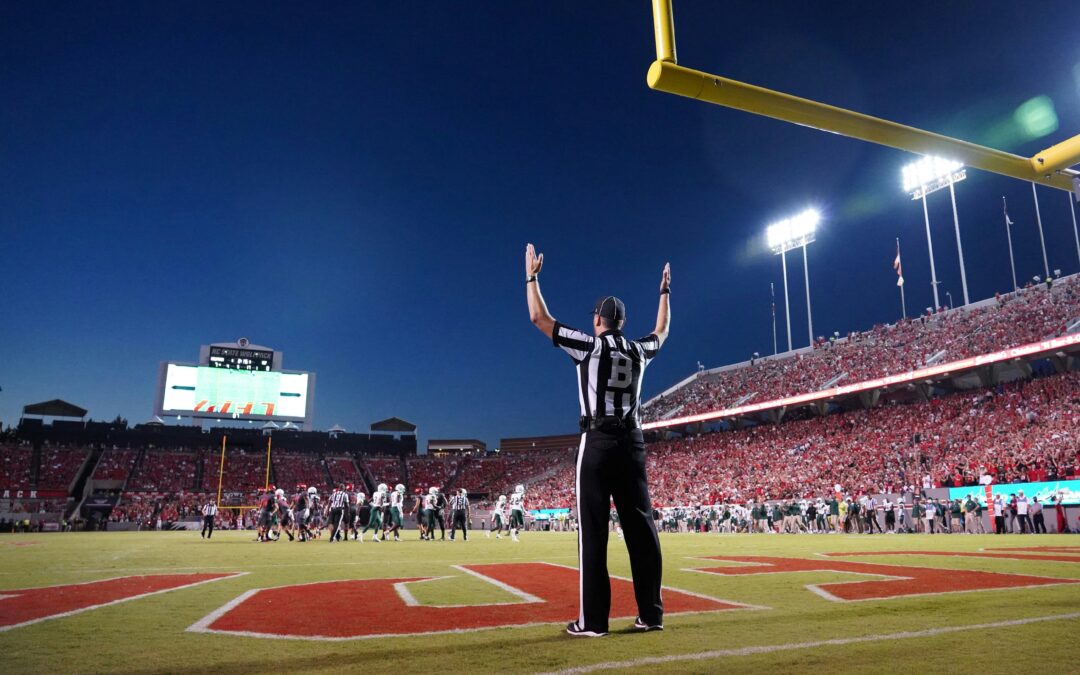By Elyse Apel | The Center Square
(The Center Square) – After suspending his campaign, Robert F. Kennedy Jr. wanted to remove his name from ballots in swing states in an effort to help former President Donald Trump win the election.
It’s at times been an uphill battle for Kennedy’s team since he publicly withdrew on Aug. 23. Four of seven consensus swing states – with a collective 93 electoral college votes ֪– have agreed to scrub his name from the ballot come November.
North Carolina
On Thursday, the North Carolina State Board of Elections narrowly voted against Kennedy’s request.
The Democrats on the board, who all voted to keep him on the ballot, cited the “impracticality” of reprinting ballots as a key factor in their decision.
This was especially important as absentee ballots begin to go out in the state on Sept. 6, just one week away.
Republicans argued unsuccessfully that the statutes were flexible and should have allowed Kennedy to be removed.
Pennsylvania
The same day that he endorsed Trump, a Pennsylvania judge ordered that Kennedy be removed from the ballot in the state.
Polls showed Kennedy averaging 4% in the state. In a state that’s delivered narrow wins to the last two presidents, Kennedy’s removal could be pivotal to the outcome.
Absentee ballots go out 50 days before the general election, which is Monday, Sept. 16.
Georgia
Days after his withdrawal, a Georgia judge ruled against Kennedy’s seeking ballot access in the state.
Despite receiving the required number of signatures, Democrats challenged Kennedy’s access to the ballot over concerns about whether he actually gave the correct residential address on his candidacy paperwork.
Absentee ballots in the state do not get sent out until 25-29 days before the election.
Wisconsin
On Tuesday, the Wisconsin Elections Commission voted against Kennedy’s request to be withdrawn from the ballot.
“The law in this case is crystal clear,” said Ann Jacobs, the chair of the commission.
Jacobs cited a Wisconsin statute that says that a candidate may not be removed from the ballot except in the instance of death.
Absentee ballots will start to go out Sept. 19, which is 47 days before Nov. 5.
Michigan
Kennedy will also remain on the ballot in Michigan, where he was consistently polling at an average of 3%.
According to the Michigan Secretary of State’s office, it was too late for Kennedy to remove his name.
“Minor party candidates cannot withdraw, so his name will remain on the ballot in the November election,” said a spokesperson for the office.
Michigan absentee ballots will begin to go out 45 days before the election, which is Sept. 21.
Arizona
Kennedy filed the paperwork to remove his name from the ballot in Arizona even prior to announcing his plan to suspend his campaign.
This request was granted.
“RFK Jr.’s campaign filed official paperwork with our office today withdrawing him from AZ’s 2024 election,” Secretary of State Adrian Fontes posted to social media last week.
With Arizona’s absentee ballot deadline of 24-27 days before the election, Kennedy’s request caused fewer problems than in other states that have already printed their ballots.
Nevada
Kennedy also won’t appear on the ballot in Nevada, where he struck a deal with the Nevada Democratic Party.
While he was initially slated to be on the ballot, Democrats challenged that in a lawsuit. On Tuesday, a judge officially signed an agreement between both sides to drop the case and remove Kennedy from the ballot.
The litigation was likely the only reason Kennedy was able to remove himself from the ballot, as the official deadline had already passed.
Kennedy has also successfully withdrawn his candidacy in Florida, Ohio and Texas.
Syndicated with permission from The Center Square.










